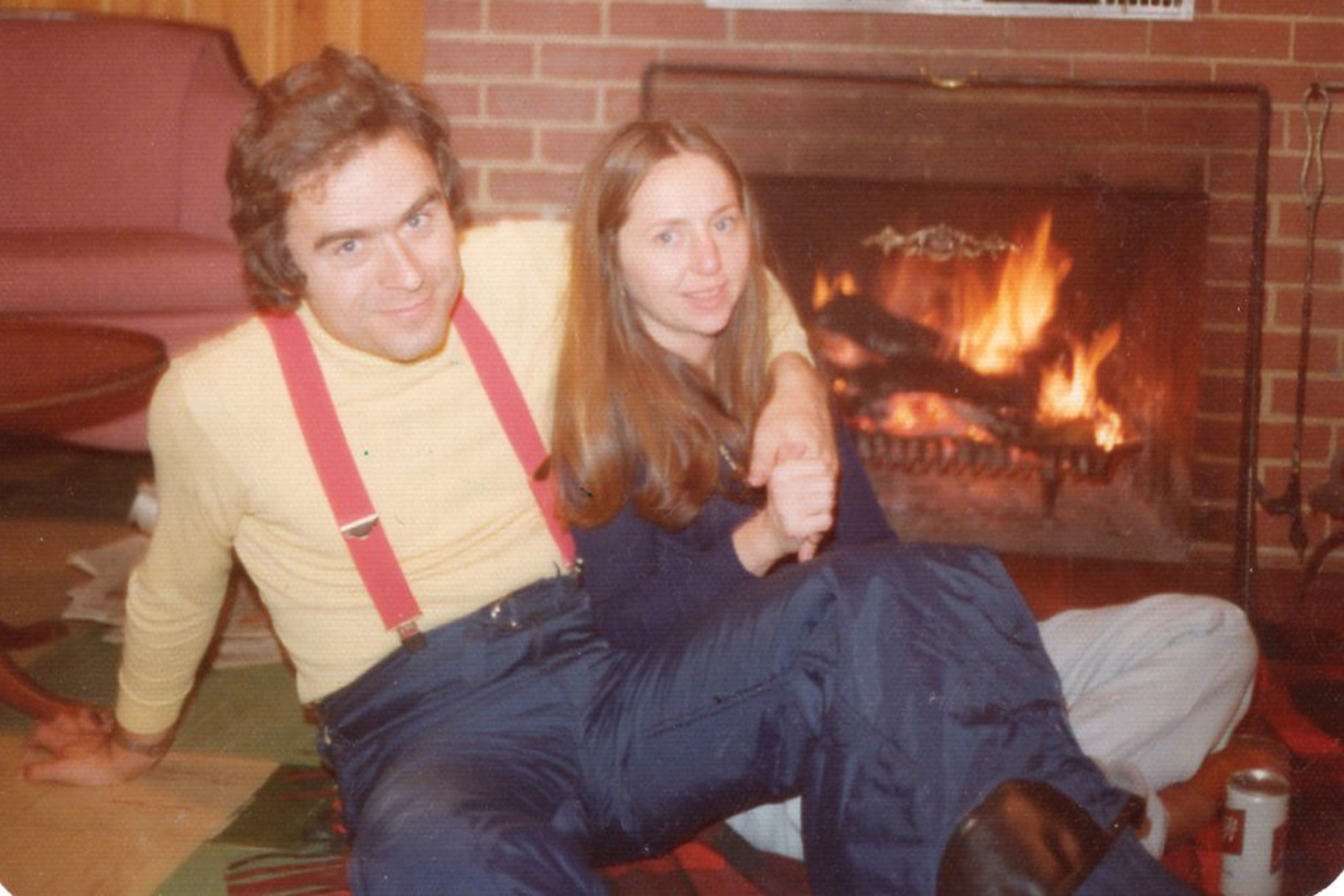Carole Ann Boone Where Is The Wife Of Ted Bundy Now

In the annals of true crime, few stories ignite the imagination quite like that of Ted Bundy, a man whose charm and charisma belied his heinous crimes. However, behind every notorious figure is a complex web of relationships, and in Bundy’s case, one individual stands out—the enigmatic Carole Ann Boone. Often overshadowed by Bundy’s macabre legacy, Carole's journey is compelling and illustrative of the complexities surrounding love, loyalty, and the dark allure of infamy. So, where is Carole Ann Boone now, and what layers of her story have yet to be uncovered?
Born in 1956, Carole entered Bundy’s life at a pivotal moment. Their relationship blossomed in the 1970s, fueled by Bundy’s charismatic demeanor and Boone’s unwavering belief in his innocence. While many viewed Bundy as a monster, Carole became his steadfast supporter, standing by him during his trials and ultimately marrying him in a ceremony that would mark an extraordinary and controversial chapter in her life. This union, enveloped in secrecy and shadows, bore a child of their own—a daughter, whom they named Rose. This child became the symbol of both their love and the turbulent legacy that Bundy left behind.
One cannot help but ponder the psychological dynamics at play in Boone’s unwavering devotion. What was it that kept her tethered to a man who was not merely accused, but convicted of egregious crimes? Some psychologists suggest that Carole’s attraction to Bundy was intertwined with a sense of rescue; she believed in his innocence, viewing herself as the sole beacon of hope for a man ensnared in a monstrosity not of his making. This reflects a broader phenomenon often observed in relationships marked by toxic dynamics, where one party possesses an irresistible allure, creating an almost magnetic pull that blurs the lines of morality and reason.
The turning point in Boone’s life came in 1980 when she was called as a witness in Bundy’s trial for the murder of several young women. The public's reaction was tumultuous, and for many, her loyalties were unfathomable. Yet, in her testimony, Boone maintained that she had no doubts about Bundy’s innocence, even professing her love in the face of overwhelming evidence against him. This radical defiance caused many to scoff, yet it also lent her an unexpected notoriety. She became something of a media spectacle, evoking a bizarre blend of sympathy and disdain from the public.
After Bundy’s execution in 1989, Carole Ann Boone disappeared from the public eye. The life she once shared with a serial killer was seemingly erased, leaving many to wonder about her fate. She chose to retreat into obscurity, abandoning her previous life in the media spotlight. For years, speculation abounded regarding her whereabouts. Some suspected that she had taken on a new identity, distancing herself from the shame associated with Bundy’s legacy, while others believed she simply sought solace away from the prying eyes of the world.
Interestingly, the search for Boone sparked a multitude of rumors. Some claimed she had relocated to a remote area, living quietly under an assumed name. Others imagined scenarios of profound isolation and reclusion, a woman haunted by the shadows of her past. Yet, these rumors merely scratched the surface of a profound emotional and psychological journey. What becomes of someone who loves a man known for such brutality? A path of condemnation or one of redemption? To navigate this duality is to delve into the human condition itself, where hope clashes with despair, and love intertwines with self-preservation.
Following her mysterious disappearance from the public eye, a few whispers of her past surfaced in the early 2000s, stating that Boone had settled in the state of Washington. Reports suggested she lived a humble life, far removed from the chaos and scrutiny that marked her earlier years. In an era characterized by a ceaseless quest for fame and validation, Carole embodied the antithesis, seeking normality amidst her chaotic past. This shift in perspective is crucial to understanding her narrative—one that pivots from the morbid fascination surrounding Bundy to an individual striving for anonymity and peace.
In 2019, a documentary aired, reigniting interest in Boone’s life following Bundy’s execution. Despite the focus on Bundy, there lay a burgeoning curiosity about Carole herself—who she was as an individual, beyond her affiliation with a notorious figure. The documentary invited viewers to reflect not only on the crimes committed by Bundy but also on the innocent lives entwined with his narrative. Through this lens, Carole represents a juxtaposition—an embodiment of resilience, complexity, and tragic loyalty. It evokes curiosity about her motivations and the emotional aftermath of loving someone so deeply flawed.
Today, the whereabouts of Carole Ann Boone remain largely speculative. She has become a ghost, a figure receding into the annals of true crime history. The questions surrounding her current life and emotional state linger like specters, refusing to dissipate. Whether she continues to live a quiet life away from the public eye or grapples with her past is a mystery that evokes both empathy and intrigue. As time moves forward, her story serves as a reminder of the haunting legacies that accompany familial ties, especially when they are woven into the tapestry of infamy.
In navigating the complexities of Carole's life, one is invited to reflect on the myriad ways in which loyalty can be tested. Beyond the sensationalism of Bundy’s notoriety lies the poignant tale of a woman who stood against the tide for love and conviction, forever marked by her choices. The enigmatic nature of Carole Ann Boone elicits a deeper understanding of the human experience—an exploration of the delicate balance between allegiance and self-identity amidst the shadows of a deeply troubled legacy.
Post a Comment for "Carole Ann Boone Where Is The Wife Of Ted Bundy Now"